Argentina’s mounting political uncertainty
Corruption, alleged assassination attempts and an outgoing president are all causing consternation in an election year
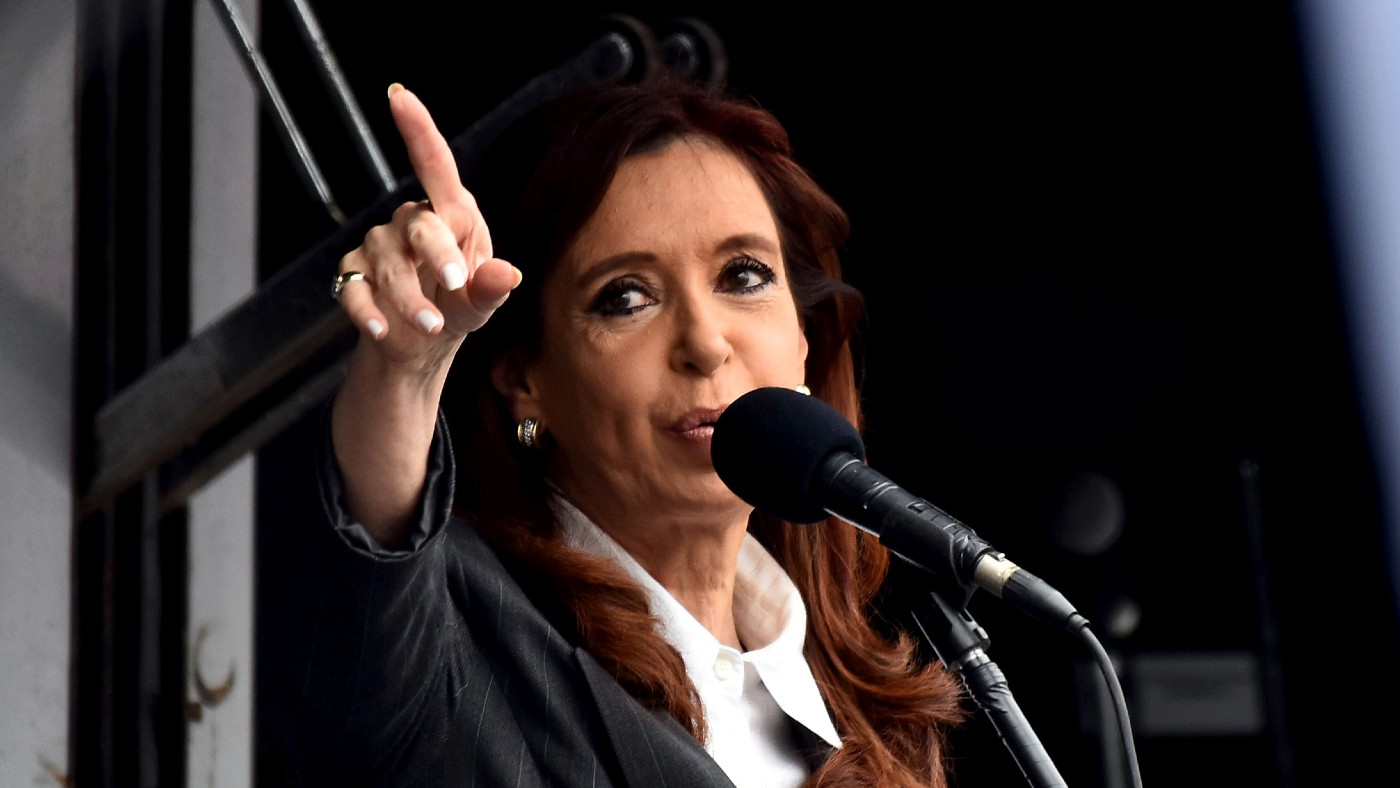
A free daily email with the biggest news stories of the day – and the best features from TheWeek.com
You are now subscribed
Your newsletter sign-up was successful
Argentina’s president Alberto Fernández has announced he will not stand for re-election in 2023, plunging the country into further political uncertainty following corruption charges and an alleged assassination attempt on current vice-president and two-time former president Cristina Fernández de Kirchner.
In a video message on Friday, President Fernández said he would “hand over the presidential sash to whomever has been legitimately elected at the polls by the popular vote” in October and not seek a second term in office, “throwing open a race to lead the ruling Peronist coalition at the ballot amid a deepening economic crisis”, said Reuters.
The president and vice-president have “at times been at loggerheads”, added the news agency, and Fernández de Kirchner, often known as CFK, had been thought to also be stepping down at the next election too.
The Week
Escape your echo chamber. Get the facts behind the news, plus analysis from multiple perspectives.

Sign up for The Week's Free Newsletters
From our morning news briefing to a weekly Good News Newsletter, get the best of The Week delivered directly to your inbox.
From our morning news briefing to a weekly Good News Newsletter, get the best of The Week delivered directly to your inbox.
But the Buenos Aires Times reported earlier this month that CFK told a meeting of trade union officials: “Those who are thinking that I am going to devote myself to looking after the grandchildren… it would be better for them to forget about it.”
The prospect of an unlikely third presidential term for CFK has caused some consternation in the South American country, with the 70-year-old having faced an alleged assassination attempt in September and been found guilty of corruption in December.
Why is President Fernández stepping down?
Fernández has seen his opinion poll ratings tank as Argentina “has been stuck in economic doldrums for years, with more than 50% of children living in poverty and a galloping annual inflation rate of more than 100%”, said Le Monde.
“The economic context put too much pressure on him,” Mariel Fornoni, director of Management & Fit, told Reuters. She said that “internal pressures” had forced Fernández’s hand, though in reality with his approval rating under 20% he never had much chance of winning.
A free daily email with the biggest news stories of the day – and the best features from TheWeek.com
“Alberto Fernández is taking himself out of a race he was never really in,” Fornoni said.
The question of who takes over the leading party’s coalition remains up in the air though. Agustino Fontevecchia, digital director for Argentine weekly newspaper Perfil, wrote for Forbes in February that Fernández and economy minister Sergio Massa “have an explicit agreement” to try to sideline CFK in favour of Massa. Despite repeatedly saying himself that he won’t run, Massa “barely hides the excitement at the possibility of becoming president”, said Fontevecchia.
Who is Cristina Fernández de Kirchner?
CFK is a “powerful and divisive figure” in Argentina, said The Guardian. She was first lady from 2003 to 2007 alongside her husband, President Néstor Kirchner.
In 2007, she became the country’s first elected female president, part of the so-called “pink tide” of populist, left-wing Latin American leaders in the 2000s.
CFK and her husband “gave rise to Kirchnerism”, said The New York Times, “one of the most powerful political forces in Argentina”.
CFK, 70, served two terms until 2015. When she was elected vice-president in 2019 she was “seen by many as more powerful than even the president”, added the paper.
While she is loved by Peronistas, supporters of former president Juan Perón’s legacy, Argentina’s right wing “has long made her its top target”, the paper said.
In 2018, she became embroiled in charges of corruption relating to her time as president, all of which she denied. The charges sparked a wave of protests, and at the time of the alleged attempted assassination last September she was preparing to face trial.
Levels of “verbal violence” had increased significantly, said The Guardian, with some Argentinian politicians calling for the death sentence to be reintroduced for the vice-president.
In December, CFK was found guilty of “fraudulent administration” and sentenced to six years in jail, suspended while she finishes her term “in a case that has shaken the country”, said BBC News.
Prosecutors said she had “created a kickback scheme which steered lucrative public work contracts towards a friend of hers in return for bribes”, added the broadcaster. CFK said the charges against her were politically motivated, speaking after the verdict, and described herself as the victim of a “judicial mafia”, the Associated Press news agency reported. She is expected to appeal.
What happened during the ‘attempted assassination’?
On 1 September 2022, CFK was greeting people outside her flat in Buenos Aires, after hundreds gathered to show support ahead of the corruption trial.
TV cameras covering the demonstrations filmed Fernando Montiel, 35, pushing through the crowd and raising a semi-automatic weapon to CFK’s face. A witness said she heard “the sound of the trigger being pulled”, according to the Associated Press.
Fernández de Kirchner “only survived” because the semi-automatic .32-calibre Bersa jammed, said The Daily Telegraph.
Police immediately arrested Montiel. His girlfriend, Brenda Uliarte, 23, also at the scene, was arrested a few hours later. Both have been charged with attempted murder, which they deny, and are awaiting trial.
A semi-automatic pistol was found with its serial number partially removed, reported La Nación. The gun was loaded with five bullets, but there was no bullet in the firing chamber.
“Imagine how nervous I was,” Montiel told television news channel C5N, while in pre-trial detention. “I pulled the trigger and the shot didn’t go off.”
In a national broadcast, President Fernández called it “the most serious incident since we recovered democracy” in 1983. “They wanted to kill her,” tweeted Argentina’s foreign minister, Santiago Cafiero.
Harriet Marsden is a senior staff writer and podcast panellist for The Week, covering world news and writing the weekly Global Digest newsletter. Before joining the site in 2023, she was a freelance journalist for seven years, working for The Guardian, The Times and The Independent among others, and regularly appearing on radio shows. In 2021, she was awarded the “journalist-at-large” fellowship by the Local Trust charity, and spent a year travelling independently to some of England’s most deprived areas to write about community activism. She has a master’s in international journalism from City University, and has also worked in Bolivia, Colombia and Spain.
-
 Political cartoons for February 21
Political cartoons for February 21Cartoons Saturday’s political cartoons include consequences, secrets, and more
-
 Crisis in Cuba: a ‘golden opportunity’ for Washington?
Crisis in Cuba: a ‘golden opportunity’ for Washington?Talking Point The Trump administration is applying the pressure, and with Latin America swinging to the right, Havana is becoming more ‘politically isolated’
-
 5 thoroughly redacted cartoons about Pam Bondi protecting predators
5 thoroughly redacted cartoons about Pam Bondi protecting predatorsCartoons Artists take on the real victim, types of protection, and more
-
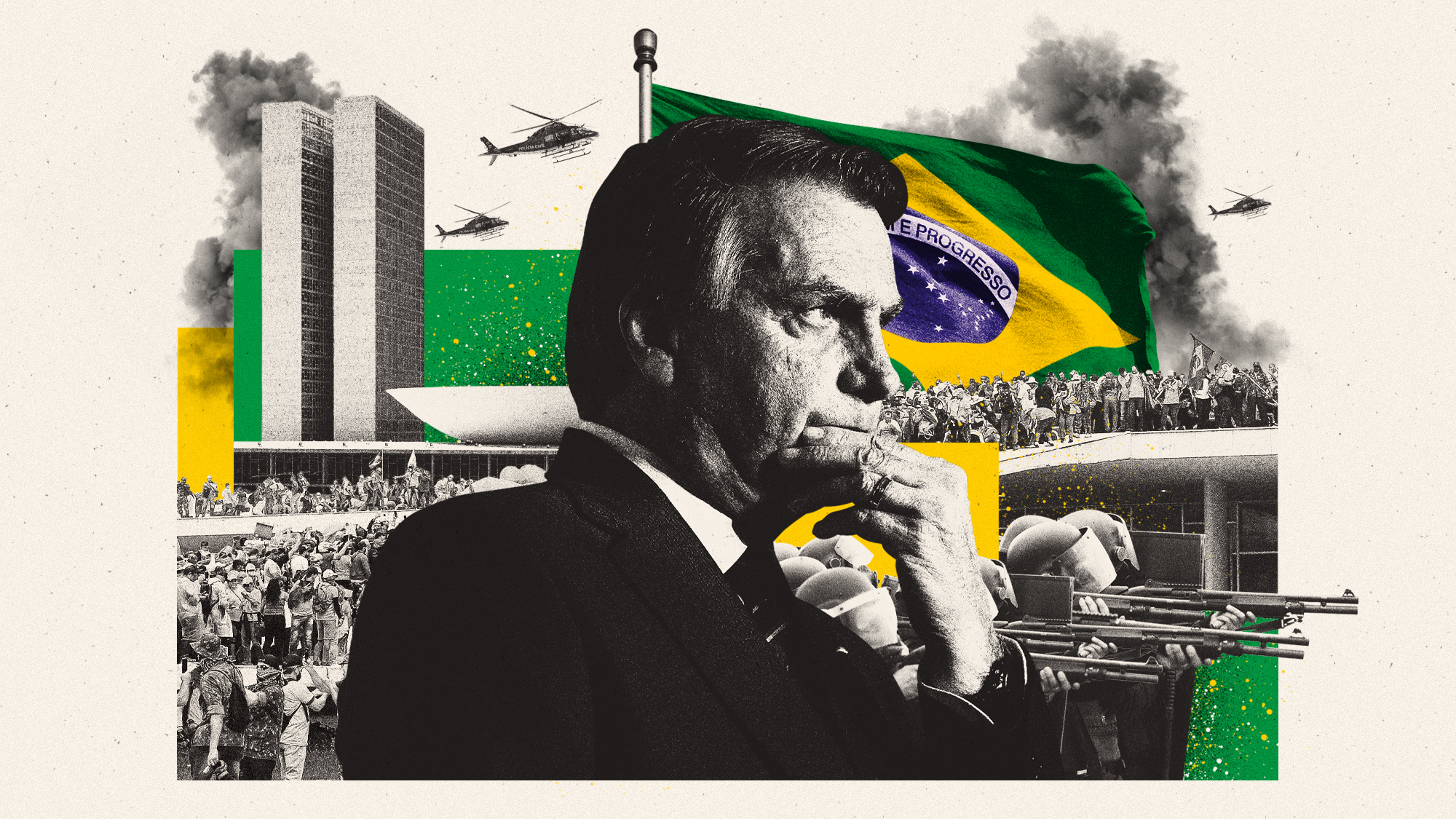 The trial of Jair Bolsonaro, the 'Trump of the tropics'
The trial of Jair Bolsonaro, the 'Trump of the tropics'The Explainer Brazil's former president will likely be found guilty of attempting military coup, despite US pressure and Trump allegiance
-
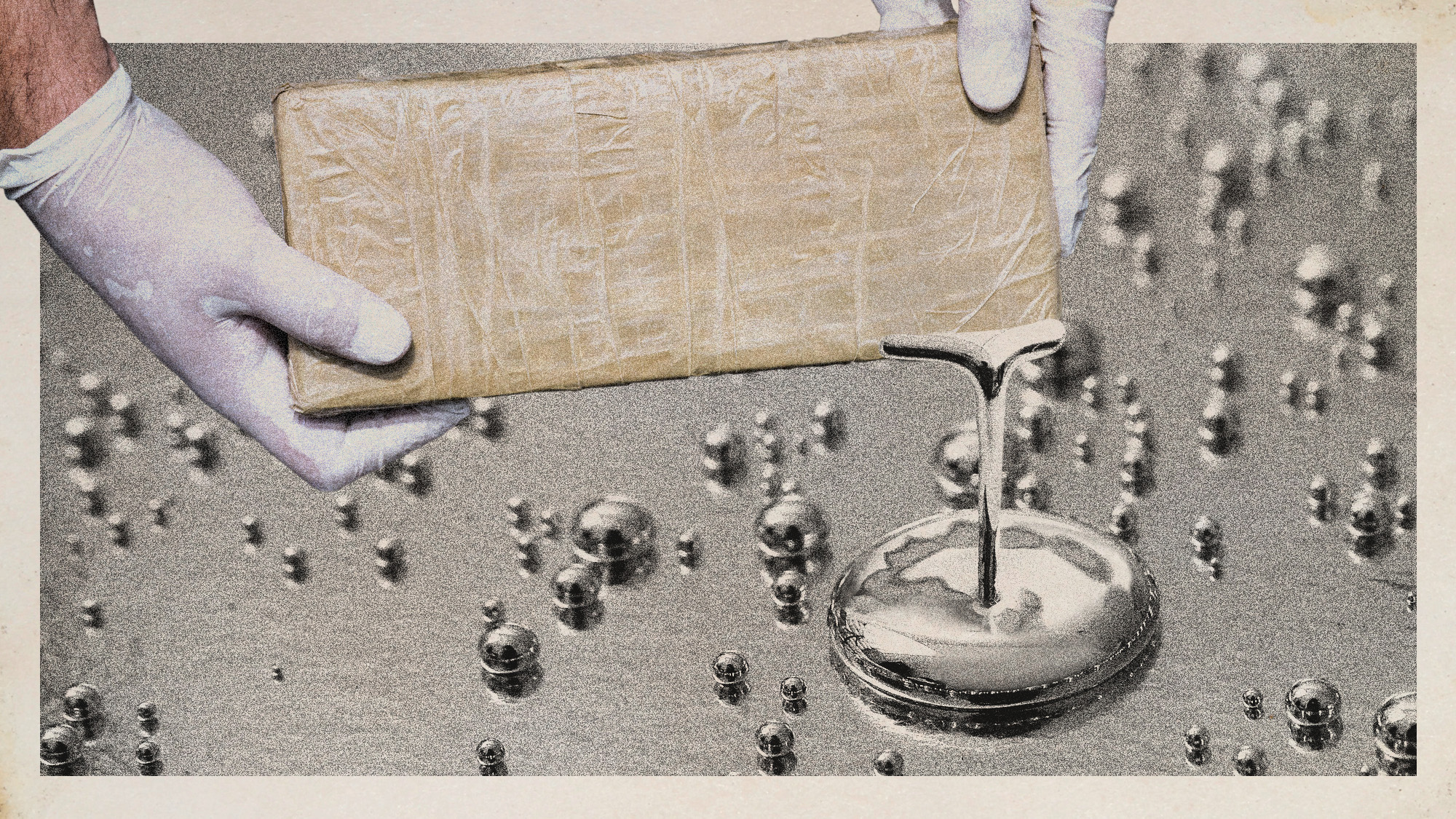 Illicit mercury is poisoning the Amazon
Illicit mercury is poisoning the AmazonUnder the Radar 'Essential' to illegal gold mining, toxic mercury is being trafficked across Latin America, 'fuelling violence' and 'environmental devastation'
-
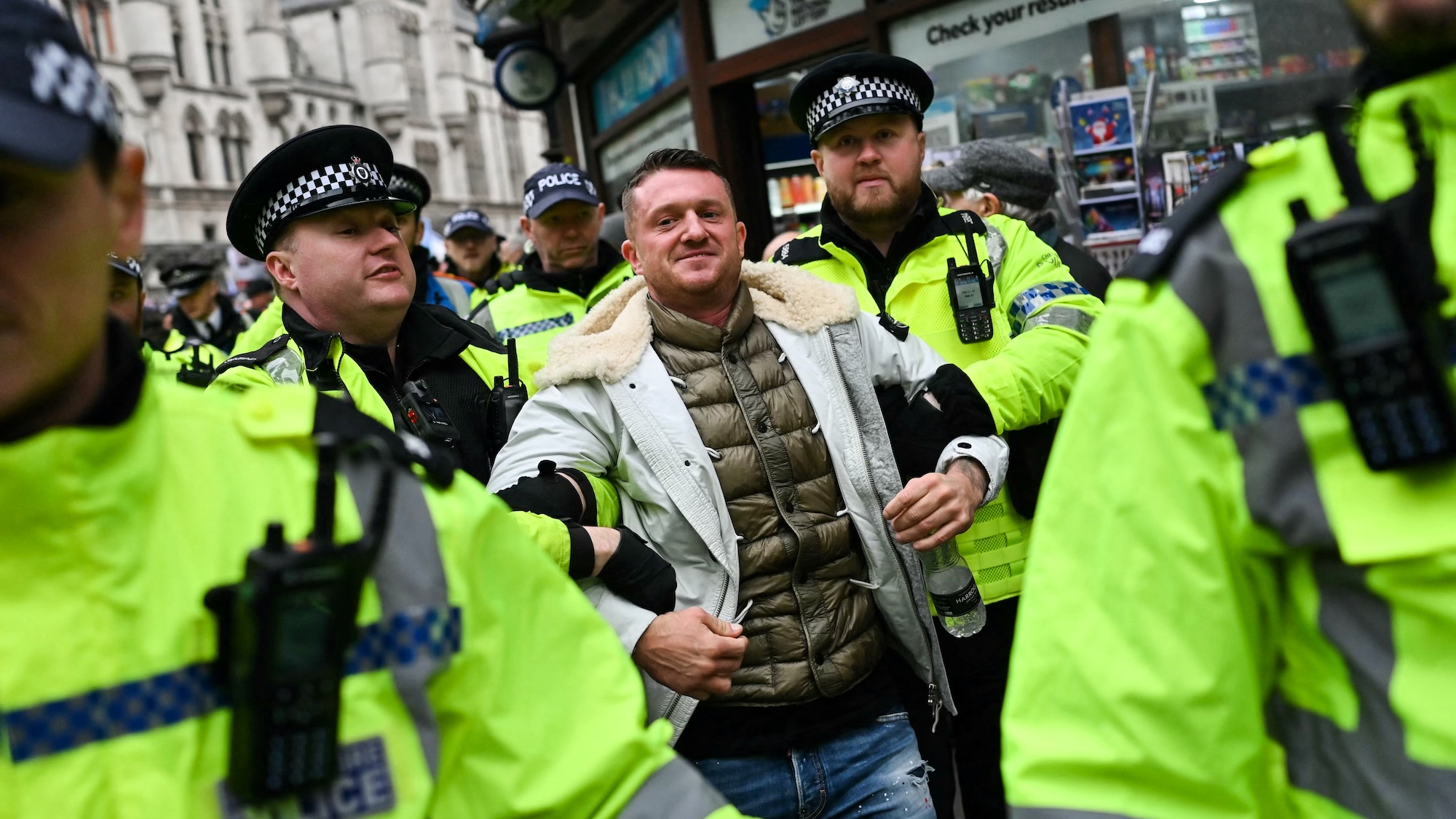 Tommy Robinson: a timeline of legal troubles
Tommy Robinson: a timeline of legal troublesThe Explainer Far-right leader has relied on donations from supporters to fight numerous court cases dating back 20 years
-
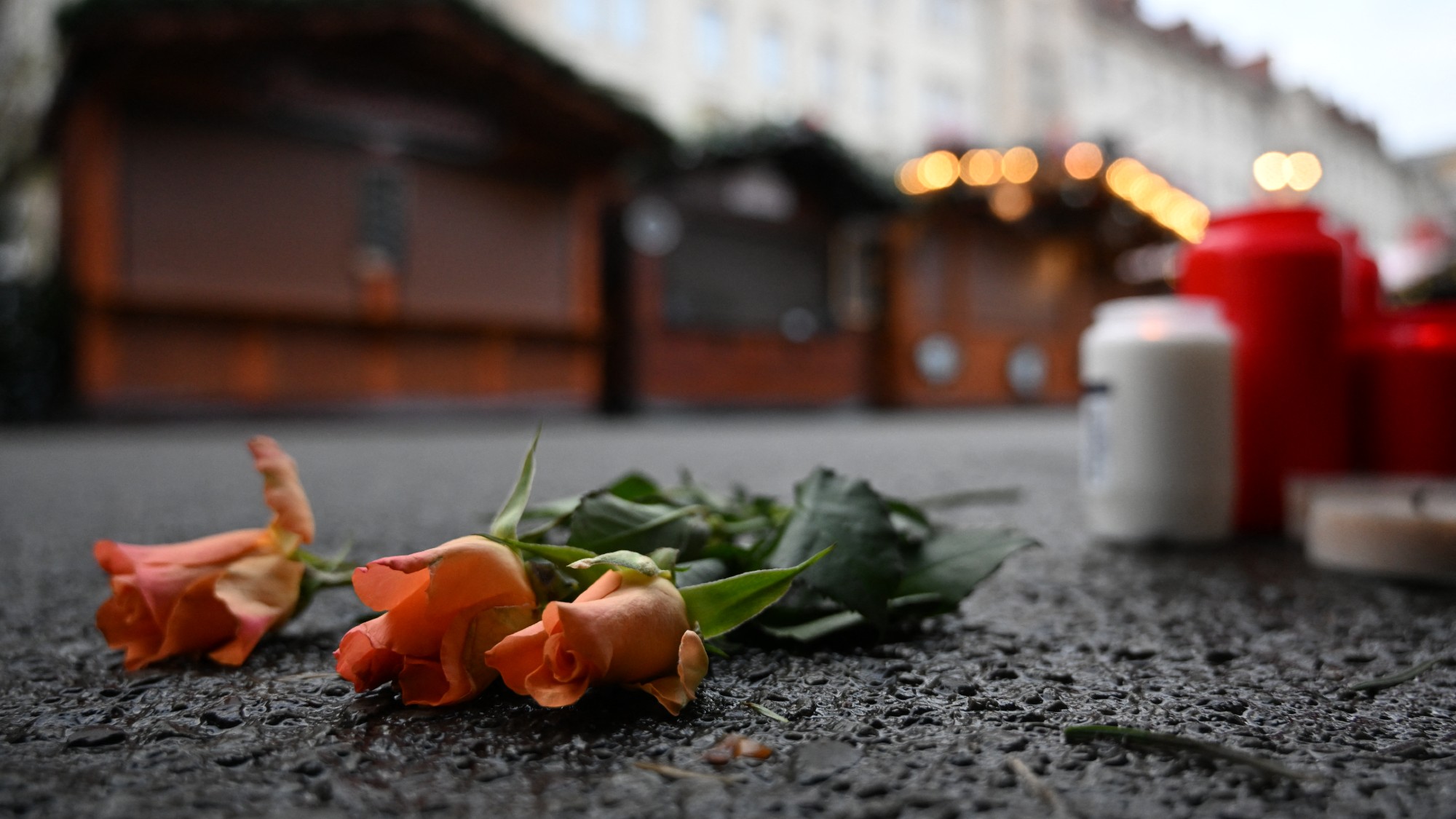 Terror on wheels: the history of vehicle-ramming attacks
Terror on wheels: the history of vehicle-ramming attacksThe Explainer Cars and lorries have now become 'the jihadist's weapon of choice' but they've been a mass-killing weapon for years
-
 Haitian gangs massacre hundreds accused of 'witchcraft'
Haitian gangs massacre hundreds accused of 'witchcraft'Under the Radar Vodou practices blamed for gang leader's son's illness, as elderly are hacked to death in Port au Prince
-
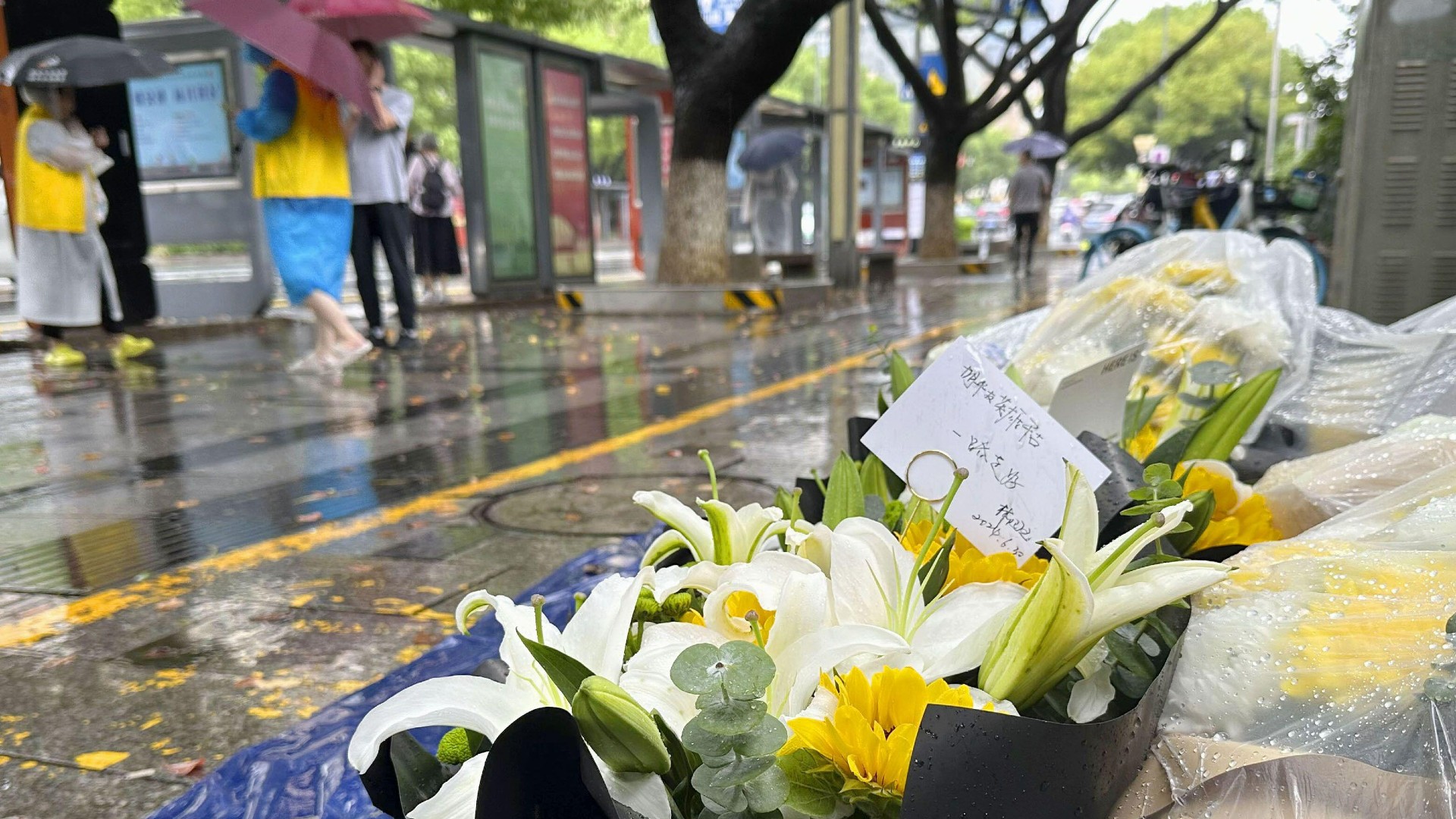 A bus stop tragedy and China's anti-Japanese rhetoric
A bus stop tragedy and China's anti-Japanese rhetoricTalking Point Suzhou attack described as the product of 'decades of hate education'
-
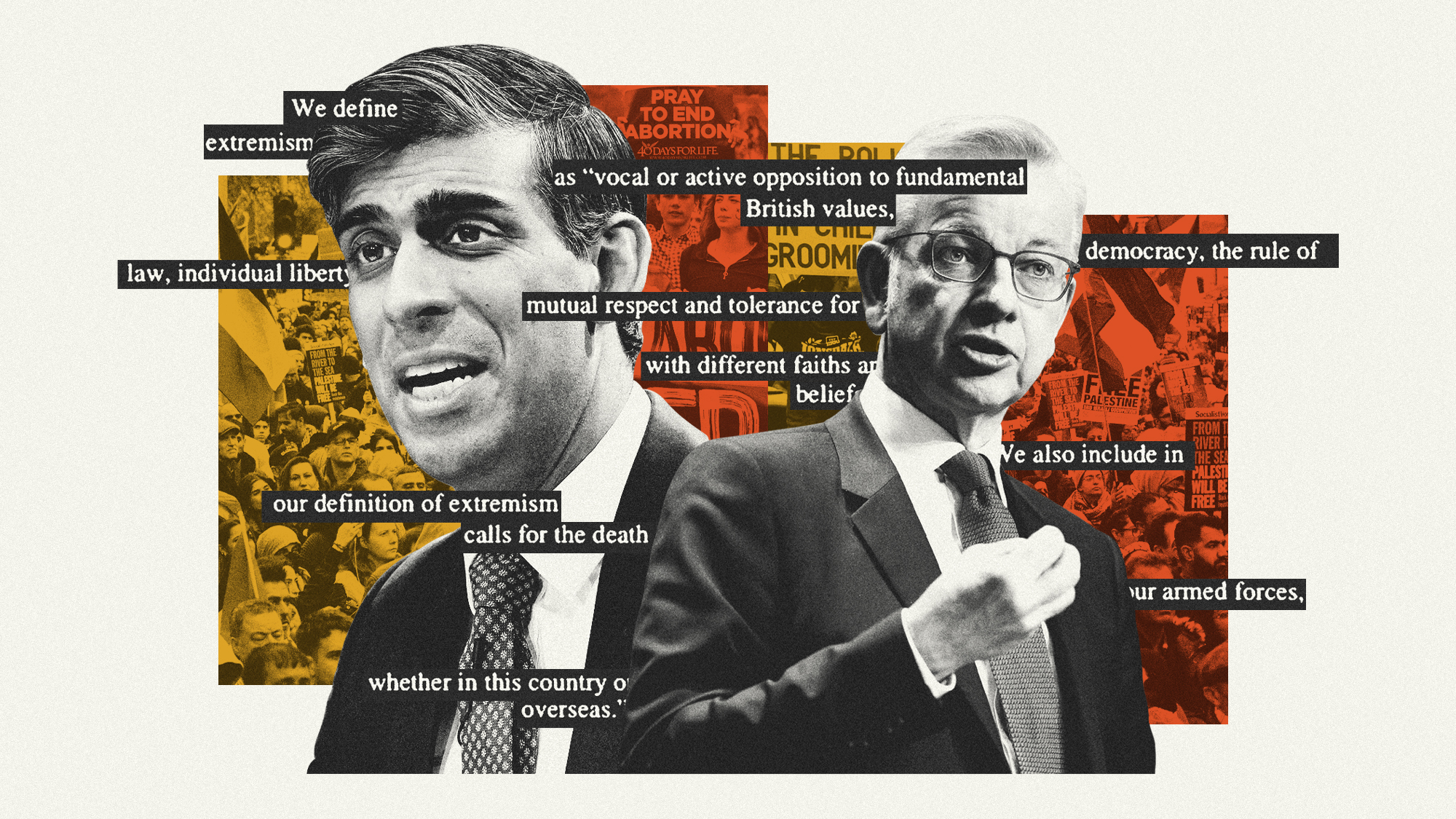 What is the new definition of extremism?
What is the new definition of extremism?Today's Big Question Michael Gove on a mission to 'push for more stringent measures to tackle extremism in the UK'
-
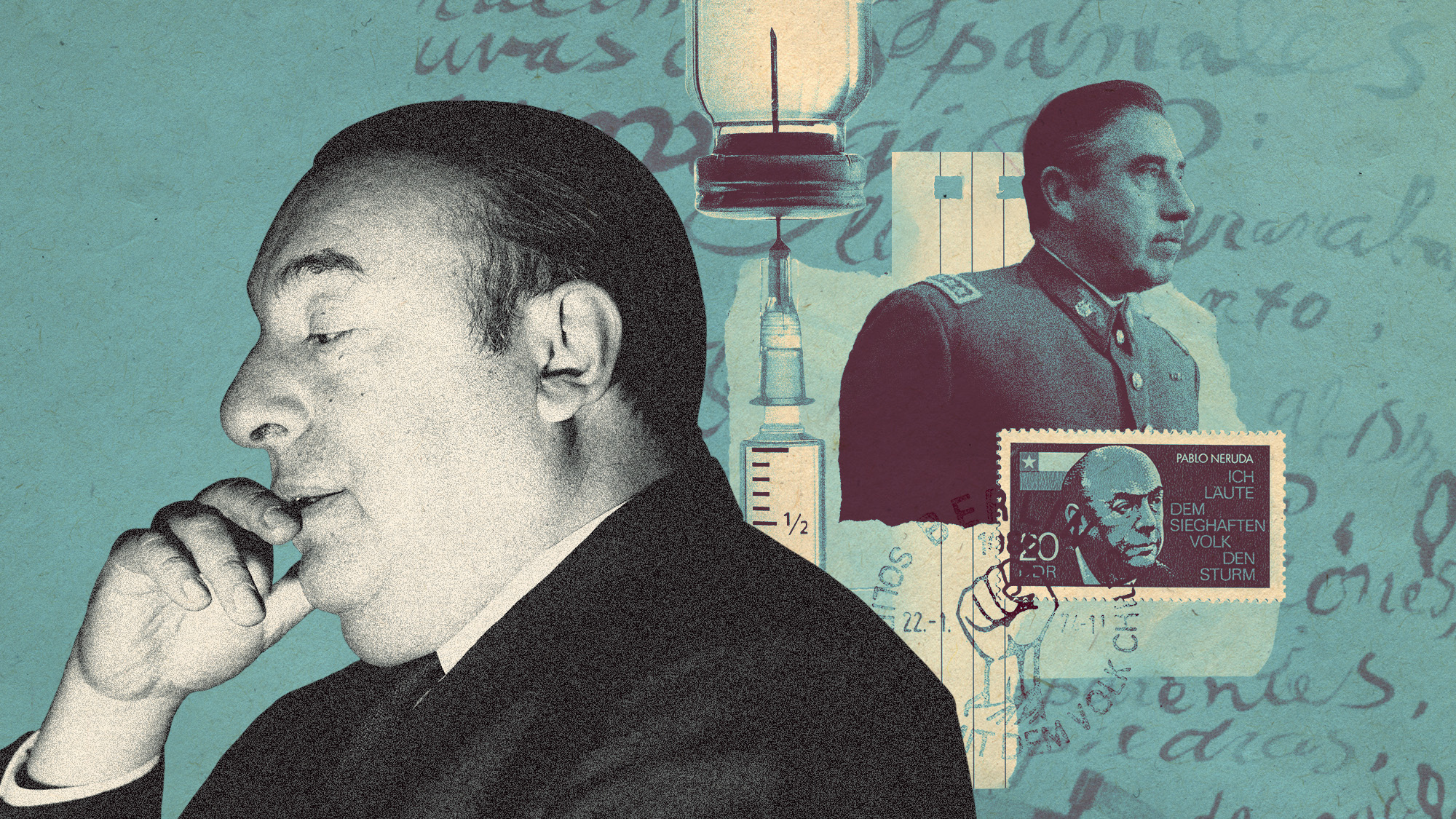 Chile revisits the mysterious death of poet Pablo Neruda
Chile revisits the mysterious death of poet Pablo NerudaUnder the radar Pinochet critic died days after military coup in 1973 and traces of deadly toxin have since been found in his remains